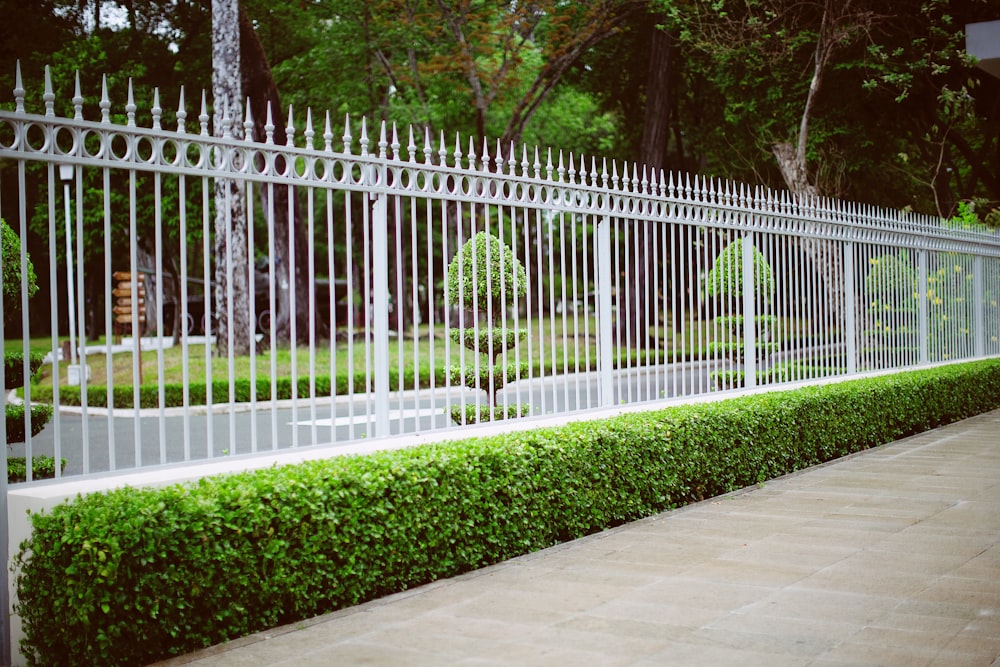
Pharisaism was mostly a lay movement. And according to the early Jewish-historian Josephus, they numbered about 6,000 people or 1% of the population. Though smaller in number they were according to Josephus, “extremely influential among the common people”. These guys were the authorized successors of the Torah and as Jesus said they were the ones who “sat in Moses’ seat”.
The Pharisees and John’s disciples were seen by the people as the ones most dedicated to their religion and to the Lord. In fact if you would have rewound history a little, Jesus might have fit in quite nicely with some of the Pharisees. But as any movement tends to do, by the time of Jesus, their original passion had grown stale and it became more about following rules and regulations than about issues of the heart.
The original intention of the Pharisees was to preserve the Torah—the Law—to honor God and to draw people back to holiness and following YHWH. And their theory was to erect fences around the original rules so that you didn’t even come close to breaking God’s commandments. Over years the fences became just as important as the Torah itself and so they erected fences around the fences…that process continued until the Law or at least the law that the scribes and Pharisees had written—the oral tradition—had become a huge burden to the people. We certainly see this on issues of the Sabbath but you can also see it in their observance of fasting.
How Fasting Was Sidetracked
In the Old Testament there are fasts prescribed for various things. Fasting—in case you did not know is depriving oneself of food (or possibly other things) for a spiritual purpose. There was one required fast that was called in the OT and this was on the Day of Atonement. The Mishnah (which is part of the Jewish oral tradition) prescribed three types of fast. One for national tragedies, another was in times of crises (war, famine, drought), and the third type were self-imposed fasts for any number of personal reasons. That is what is being described in Mark 2:18-20. The Pharisees fasted on Monday’s and Thursday’s every week.
Fasting moved from a place of longing for God into an outward display of dedication to God. It moved from pursuing God’s attention to seeking the approval and attention of the people. In Jesus’ time, if you want to be considered a serious religious leader then you and those that followed you would fast. It was a prerequisite to religious commitment.
So Why Do Jesus’ Disciples Not Fast?
That question that is asked in Mark 2:18 is essentially saying, “How can you call yourself a religious leader of any import if your disciples aren’t fasting? What kind of commitment are you calling people to if they aren’t even willing to fast?”
Given the context, it is a valid question. The problem, though, is that Jesus isn’t just another religious leader. That is why he responds by giving them an analogy of a wedding feast. Those are a big deal and a time of celebration. It’s wrong to fast when you’re supposed to be celebrating.
Jesus is the bringer of good news. Why would we put on sackcloth and ashes in order to receive good news?
The Deeper Reason For Not Fasting When Jesus Is Present
In this analogy Jesus is saying something deeper than merely it being a time of celebration instead of mourning. In the OT there was no explicit reference to Messiah being bridegroom. But in Isaiah, Ezekiel, and Hosea we see that God Himself is called Israel’s bridegroom. If Jesus gives himself this title He is making quite the claim. He is God in the flesh. And when that happens you don’t mourn…you celebrate.
Or think of it this way. What is the purpose of fasting? It is an outward expression of an inner hunger. It’s saying I want you more than food. I want you more than Mountain Dew. I want you more than television or video games. Whatever you are fasting from, it’s communicating outwardly what your heart is saying inwardly; namely, “I want God more than this thing”.
But when the Bridegroom is right in front of your face…when Jesus is right there, then fasting is silly. It’s legalism. It’s meaningless asceticism, hypocrisy, pride, whatever you want to call it but it isn’t true fasting. To fast with God incarnate in your midst is to say, “God this isn’t enough—I want more”.
He isn’t encouraging His disciples to fast because to do so would be to deny the incarnation. Fasting is a way of saying “Come, Lord”. If He is present, you don’t fast. There will be feasting and not fasting in heaven.
Why Do We Fast Now?
If Jesus has already come and given to us the gift of the Holy Spirit, why are we fasting again? Jesus spoke to this as well in Mark 3. There will be a day when we are once again crying out, “Come, Lord”. That’s why Christians fast. Because even though we have the Spirit, we live in an age where we still ache for the fullness of Christ to come again. We long for His return. And so we fast, and say come Lord Jesus come.
—
Photo source: here